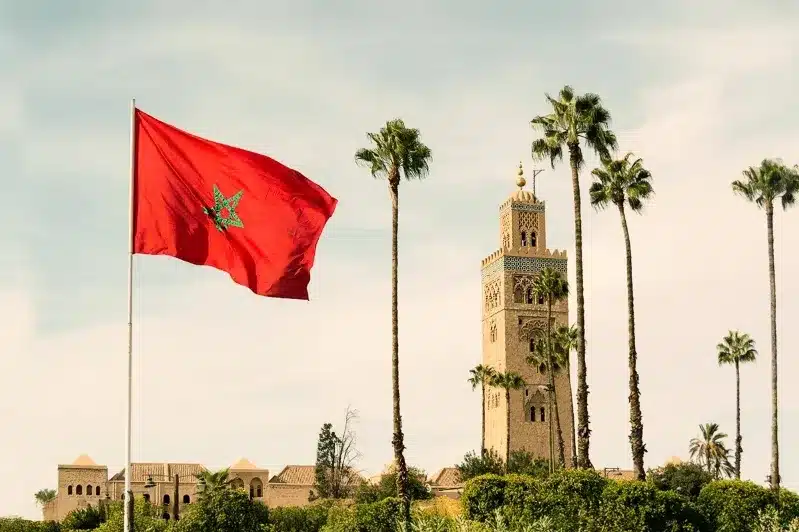Morocco aims to phase out coal-fired power generation by 2040, contingent on securing international climate finance.
Coal still supplied nearly 60% of Morocco’s electricity in 2024, though the share has fallen from 70% in 2022.
The government is accelerating renewable and gas capacity, targeting 52% renewables in the national energy mix by 2030.
Morocco Positions for Post-Coal Energy Future
Morocco has pledged to eliminate coal power by 2040, provided it can attract sufficient international climate finance to support the transition, according to the Powering Past Coal Alliance (PPCA). The announcement positions Morocco among a small group of emerging economies linking fossil fuel phase-outs directly to concessional finance, climate partnerships, and just transition funding.
Morocco joined the PPCA in 2023, aligning with around 60 governments working to end coal-based power generation and accelerate clean energy deployment. The alliance’s latest statement confirmed that Rabat has halted planning for new coal plants — a notable pivot for a country that has historically relied heavily on coal imports for electricity generation.
From Coal Dependence to Renewable Growth
Coal’s role in Morocco’s energy system remains dominant but is shrinking. As of 2024, coal supplied 59.3% of electricity, down from 70% two years earlier. The decline comes as new solar and wind capacity comes online and the government expands natural gas infrastructure to provide transitional baseload capacity.
The Ministry of Energy aims for renewables to reach 52% of installed capacity by 2030, compared with about 45% today. Morocco has become one of Africa’s leading renewable energy developers, with flagship projects such as the Noor Ouarzazate Solar Complex and large-scale wind farms in Tarfaya and Midelt.
“Morocco has stopped planning for new coal power plants,” the country’s energy minister said in a statement via the PPCA, describing the policy as “a forward-looking commitment to balance energy security, affordability, and sustainability.”
RELATED ARTICLE: Morocco Government Chief dedicates 1 Million Hectares To Green Hydrogen Projects
Financing a Just Transition
The shift away from coal presents major financing and social challenges. Coal power remains a key employer in several regions, and early retirements of existing plants could trigger stranded assets and job losses if not managed carefully.
Rachid Ennassiri, head of the independent climate think tank Imal, said Morocco’s timeline “signals intent to manage early plant retirements, contractual reforms, and a just transition backed by accessible international climate finance.”
Analysts note that Morocco’s strategy hinges on global partnerships. The country is seeking access to concessional loans and grants through mechanisms such as the Climate Investment Funds and Just Energy Transition Partnerships (JETPs) — frameworks already mobilizing billions for countries like South Africa, Indonesia, and Vietnam.
Strategic Importance for Global Energy Transition
Morocco’s progress will be closely watched by multilateral lenders and regional peers preparing their own phase-out pathways ahead of COP30 in Brazil. As energy security and affordability pressures persist, the North African state’s plan illustrates both the opportunities and complexities facing developing economies under the Paris Agreement.
By aligning its coal exit with renewable deployment targets and international financing channels, Morocco could establish a replicable model for low- and middle-income countries balancing growth with decarbonization.
If realized, the 2040 coal phase-out would transform Morocco’s power mix into one of the cleanest in the Middle East and North Africa — reshaping energy trade dynamics, cutting emissions, and positioning the country as a regional renewables hub for Europe and Africa alike.
Follow ESG News on LinkedIn

